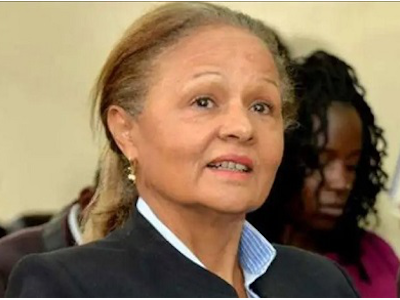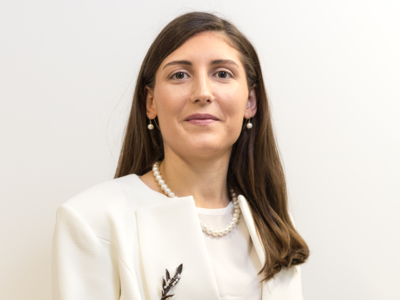As the world shifts to greener, more sustainable economic systems and infrastructures, it is crucial that emerging market financial sectors transition to sustainable finance practices, supported by developed economies. In collaboration with the UNCTAD World Investment Forum, OMFIF is convening a panel discussion on how emerging markets can leverage finance and develop policies to drive climate action while continuing to grow their economies.
This session will gather, central banks, investors, regulators and experts from around the world to discuss their role in the leveraging by emerging markets of finance and capital and the development of policies for climate action. Key points of discussion will include the risks of transition, infrastructure developments, scaling capital and asset allocation, as well as the latest developments in sustainable bonds and loans.
Issues to be addressed
- The role central banks can play in mobilising green finance and supervising climate related risks.
- Assessing central banks’ capability to influence and improve green finance: monetary policy and enhancing supervision.
- Understanding central bank mandates in the era of climate change: how to overcome challenges of managing financial stability and promoting green investment.





